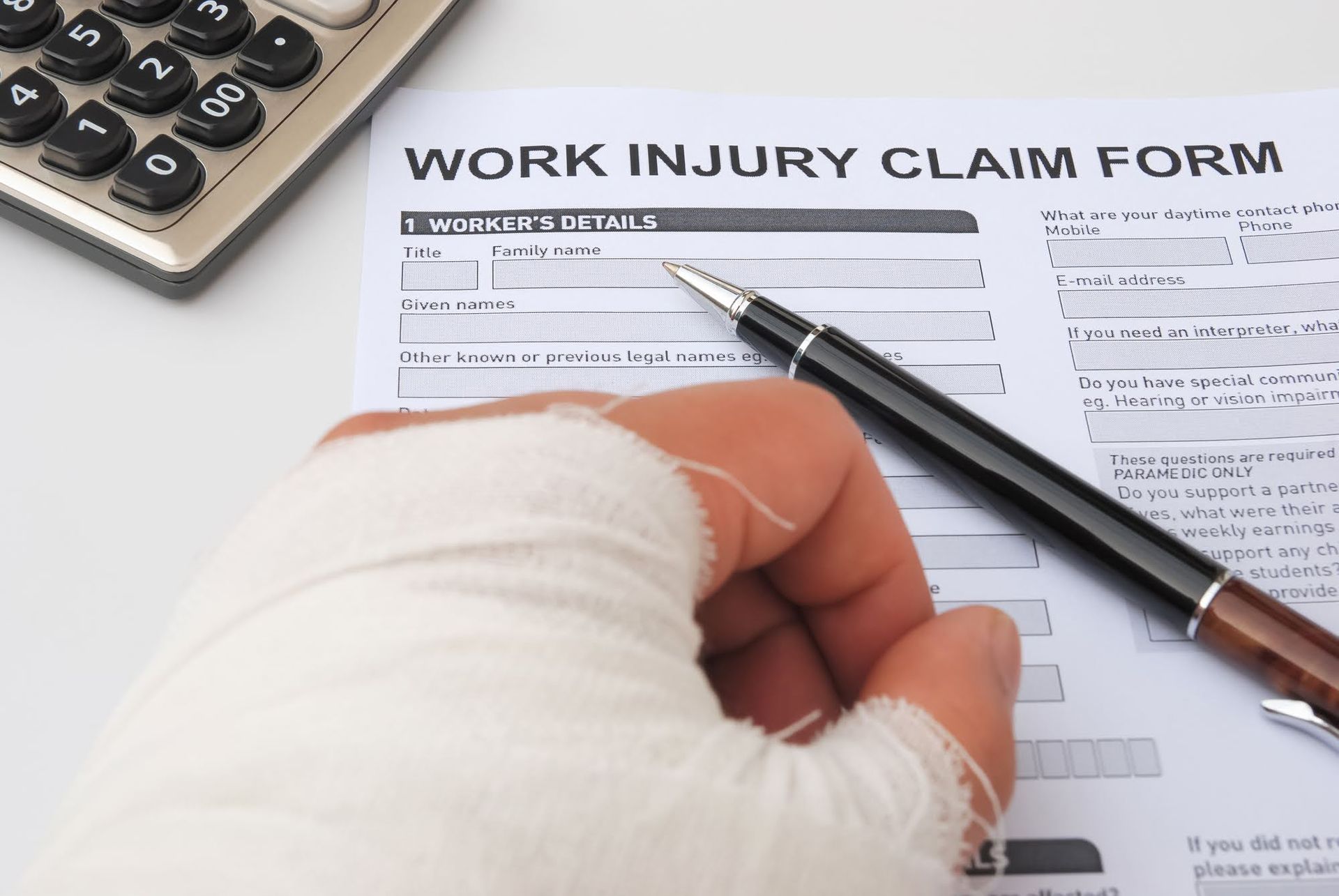Address: 1201 East Street Parkville, Missouri 64152
Toll Free:
Call Us Now:
Why You Should Hire a Lawyer to Challenge a Workers' Compensation Denial

Facing a workers' compensation denial can be a daunting frustrating experience for an injured worker who is in dire need of money. In such a case, hiring a skilled lawyer becomes crucial to navigate the complex legal aspects of the situation and advocate for your rights. This article explores the various facets of hiring a lawyer to dispute a workers' compensation denial, shedding light on the key considerations and steps involved in the process.
Unraveling the Reasons Behind the Decision
The first step in disputing a workers' compensation denial is understanding the grounds on which your claim was rejected. Claims are often denied for reasons such as missed deadlines, insufficient medical evidence, or disputes over the severity of the injury. A lawyer will analyze the denial letter, scrutinizing the details to identify the specific issues that led to the rejection. This comprehensive evaluation forms the basis for building a robust strategy to challenge the denial.
Navigating the Legal Complexities
Workers' compensation laws vary from state to state, adding a layer of complexity to an already intricate legal process. A seasoned lawyer possesses in-depth knowledge of the relevant state laws and regulations. They can guide you through the challenging legal system, ensuring that you are well-informed about your rights. Their expertise is invaluable in presenting a compelling case and getting over the hurdles that often accompany workers' compensation disputes.
Strengthening Your Case With Medical Evidence
One of the primary reasons for workers' compensation denials is inadequate or inconclusive medical evidence. A lawyer will work closely with medical experts to ensure that your injuries, their severity, and their direct connection to your work duties are clearly established. This may involve obtaining additional medical assessments, consulting specialists, or gathering witness statements to corroborate your claim. Building a robust medical case is essential to refute the grounds on which the denial was based.
Negotiating to Maximize Your Compensation
Engaging in negotiations with insurance companies can be a delicate process, and having a skilled lawyer by your side can significantly impact the outcome. A lawyer's knowledge of the compensation landscape allows them to assess the true value of your claim, factoring in medical expenses, lost wages, rehabilitation costs, and potential future damages. This ensures that you receive the maximum compensation possible for your injuries.
Overcoming the Common Procedural Hurdles
Workers' compensation disputes often involve strict deadlines and requirements that must be adhered to for a case to proceed successfully. Failing to meet these deadlines can jeopardize your chance of disputing the denial. A lawyer knows about the procedural challenges of workers' compensation cases and will ensure that all documents are filed on time. Their attention to detail is instrumental in preventing procedural missteps that could undermine your case.
Exploring Alternative Dispute Resolutions
In some cases, resorting to alternative dispute resolution methods like mediation or arbitration can expedite the resolution of a workers' compensation dispute. A lawyer can evaluate whether such avenues are viable for your case. For instance, mediation is a resolution that fosters the possibility of a mutually agreeable resolution that is not time-consuming. On the other hand, arbitration involves a binding decision by a third-party arbitrator who comes up with a resolution.
If the initial attempts to dispute the workers' compensation denial are unsuccessful, the appellate process becomes the next frontier. This involves presenting your case before a workers' compensation appeals board or a similar entity, depending on the jurisdiction. A lawyer has the experience to present a compelling case to overturn the denial. Contact our team at Spooner & Perkins for assistance with overturning your workers' compensation denial, and to fight for your rights until a satisfactory resolution has been reached.

CONTACT INFORMATION
Email:
Phone:
Toll Free:










